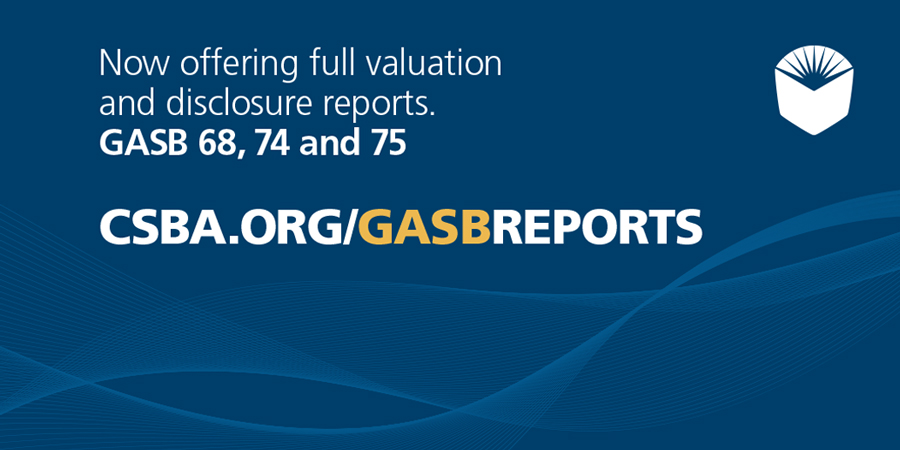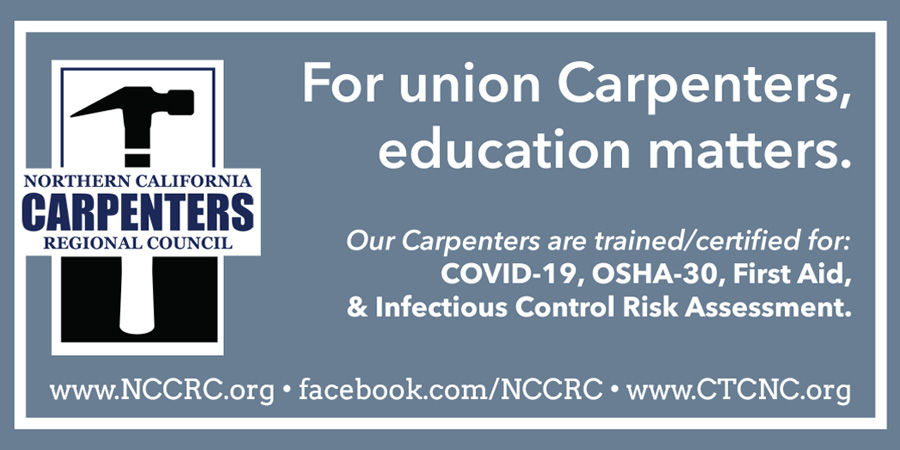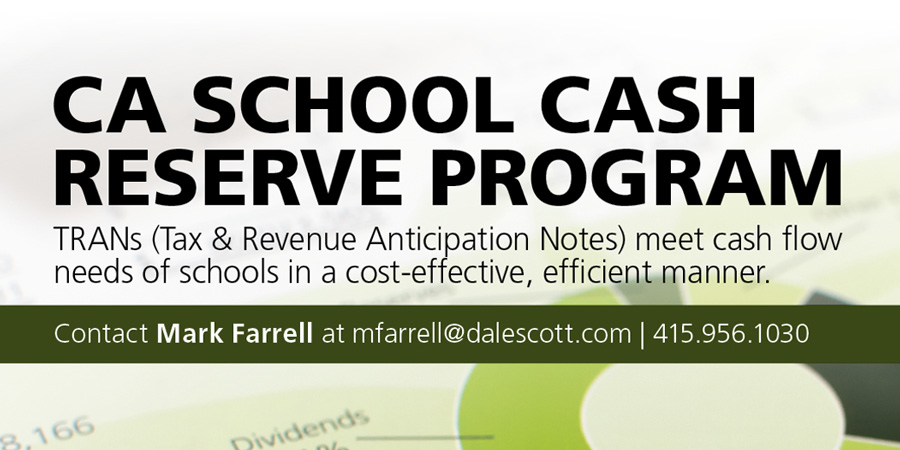

COVID-19 Special

- Stay up to date on the latest COVID-19 news and resources, at www.csba.org/coronavirus.


Troy Flint | tflint@csba.org
Managing Editor:
Kimberly Sellery | ksellery@csba.org
Marketing Director:
Serina Pruitt | spruitt@csba.org
Staff Writers and Contributors:
Andrew Cummins | acummins@csba.org
Alisha Kirby | akirby@csba.org
Mike Ambrose | mambrose@csba.org
Briana Mullen | bmullen@csba.org
Graphic Design Manager:
Kerry Macklin | kmacklin@csba.org
Senior Graphic Designer:
Mauricio Miranda | mmiranda@csba.org
Xilonin Cruz-Gonzalez | Azusa USD
President-elect:
Suzanne Kitchens | Pleasant Valley SD
Vice President:
Susan Heredia | Natomas USD
Immediate Past President:
Emma Turner | La Mesa-Spring Valley SD
CEO & Executive Director:
Vernon M. Billy
California School News (ISSN 1091-1715) is published 11 times per year by the California School Boards Association, Inc., 3251 Beacon Blvd., West Sacramento, CA 95691. 916-371-4691. $4 of CSBA annual membership dues is for the subscription to California School News. The subscription rate for each CSBA nonmember is $35. Periodicals postage paid at West Sacramento, CA and at additional mailing office. POSTMASTER: Send address changes to California School News, 3251 Beacon Blvd., West Sacramento, CA 95691.
News and feature items submitted for publication are edited for style and space as necessary.



Stronger Together: A Guidebook for the Safe Reopening of California’s Public Schools features a 10-page health and safety checklist for LEAs for resuming in-person instruction and dives deep into considerations for instructional programs; professional relationships and learning; continuity of relationships and learning plans; mental health and well-being for all; communication and community engagement; early learning and care; and school services such as meals and transportation. The guidance’s appendices answer frequently asked questions and include a resource list.
![]() GovernanceCorner Practical tips from our MIG faculty
GovernanceCorner Practical tips from our MIG faculty
Though the COVID-19 pandemic has changed much about the way schools and boards operate, boards should strive to use their usual procedures to the extent practicable to evaluate the superintendent, as described in the district’s Board Policy 2140 — Evaluation of the Superintendent — and in the superintendent’s contract. The evaluation should reflect the superintendent’s work throughout the year, including the district’s response to the COVID-19 pandemic.

Like all other parts of California’s public education system, the California Collaborative for Educational Excellence had to quickly pivot its focus when the COVID-19 pandemic closed classrooms throughout the state and ushered in widespread distance learning. At the CCEE’s June 4 board meeting, staff members unveiled the organization’s Continuity of Learning playbooks and spoke to how the State System of Support is serving local educational agencies during these uncertain times.

The week following the closure of all 500-plus schools in Riverside County due to COVID-19, Superintendent of Schools Judy D. White discussed with a group of employees how the closures might affect students. White shared an idea that art might be a great way for students to express themselves and help process this disruption to their lives. Eight days later, still in the midst of work-from-home transitions, the Art Connects virtual student arts competition was officially announced.
Promotions were launched, local artists were tapped as judges and the Riverside County Office of Education Foundation secured prizes. Weekly winners from multiple age groups and their inspiring work were highlighted on the RCOE website and social media, and information was distributed to local media. Students’ work was also shared with educators to keep them connected with the organizational mission of serving students.
Arts education has been shown to benefit children by increasing creativity and confidence, improving motor function and academic performance, and fostering decision-making skills, focus and perseverance.
Yet for children in K-12 schools throughout the country, arts education has dwindled in recent decades — and in some cases, been cut entirely. For more than 500,000 students attending nearly 780 schools in San Diego County, the San Diego County Office of Education and its community partners understand the lasting impact that arts education can have on kids.
“All San Diego County children deserve access to high-quality visual and performing arts education, regardless of where they live or how much money their parents make,” said Superintendent of Schools Paul Gothold. “The arts provide a crucial link to engaging students in other academic fields and help students develop the critical and creative-thinking skills that are necessary for success in college, career and beyond.”
UpcomingEvents info: 800-266-3382





